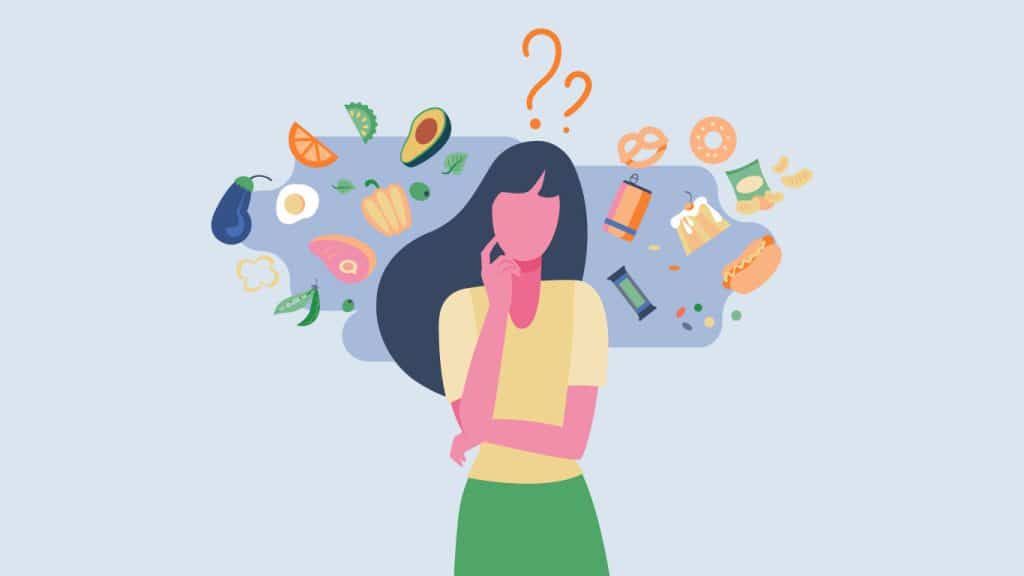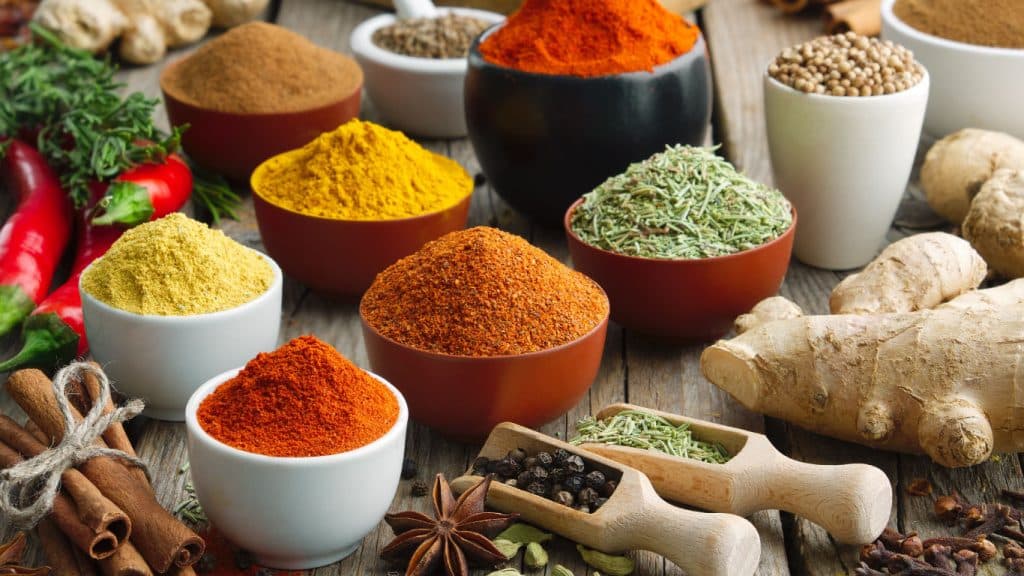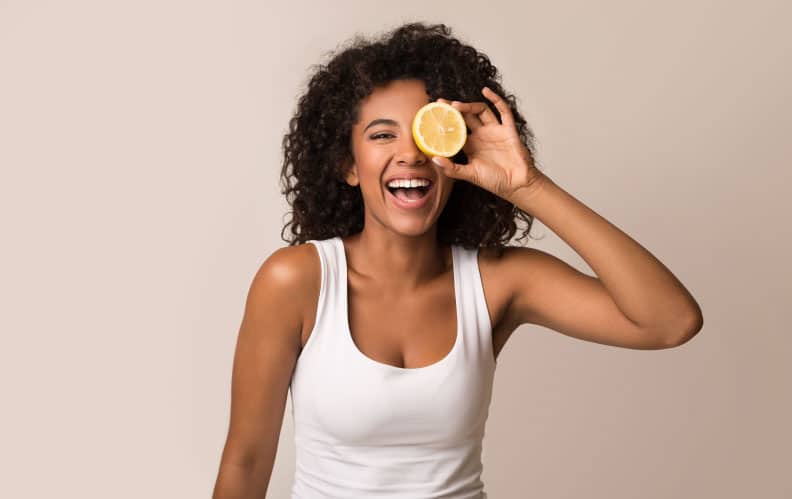Iron is an incredibly important mineral that your body needs to function well. It plays a key role in transporting oxygen to your cells, helping you feel energized and strong. For many people, especially those with specific health conditions like pregnancy, diabetes, food allergies, or anemia, getting enough iron is crucial. Let’s take a closer look at how this mighty mineral can be used as medicine to improve your health!
What is Iron?
Iron is a mineral found in many foods. Your body needs it to make hemoglobin, a part of your red blood cells that helps carry oxygen from your lungs to the rest of your body. Without enough iron, your body can’t make enough healthy oxygen-rich red blood cells, which can leave you feeling tired and weak.
Why Do We Need Iron?
Iron isn’t just important for keeping your energy levels up; it’s also essential for brain function, healthy muscles, and supporting your immune system. When your body doesn’t get enough iron, it can lead to iron deficiency, causing symptoms like fatigue, dizziness, and trouble concentrating.
Iron and the “Food as Medicine” Approach
When it comes to food as medicine, iron-rich foods play a huge role in maintaining good health. Instead of turning to pills or medications right away, you can often use whole foods to boost your iron levels naturally. Eating iron-rich foods helps your body get the nutrients it needs in a gentle, nourishing way. This is especially helpful for people who are sensitive to certain medications or prefer a more natural approach.
Iron for Pregnant Women: A Key to Healthy Moms and Babies
Pregnant women need more iron than usual because they are not only supporting their own body but also their growing baby. Iron helps prevent anemia, which can lead to tiredness and complications during pregnancy. Foods like lean meats, leafy greens, and fortified cereals are excellent sources of iron for expecting mothers.
Iron for People with Diabetes
For people with diabetes, managing iron levels is important because both too much and too little iron can affect blood sugar control. Healthy sources of iron, like beans, lentils, and dark chocolate, can help balance blood sugar while also providing this vital mineral. It’s important to focus on natural iron sources that won’t spike blood sugar levels.
Iron for People with Food Allergies
If you have food allergies, getting enough iron can be tricky, especially if you are allergic to common iron-rich foods like nuts, eggs, or seafood. But don’t worry—there are many allergy-friendly options. Try incorporating more leafy greens like spinach, beans, and fortified grains into your meals to boost your iron intake.
Iron for People with Anemia
Anemia is a condition where your body doesn’t have enough healthy red blood cells due to low iron. It can cause extreme tiredness and weakness. If you have anemia, eating iron-rich foods such as beef, poultry, and iron-fortified cereals can help restore your iron levels naturally.
The Best Plant-Based Sources of Iron
If you follow a plant-based diet, you can still get plenty of iron from non-meat sources. Beans, lentils, tofu, quinoa, and spinach are all rich in iron. However, plant-based iron (non-heme iron) is harder for the body to absorb compared to animal-based iron. Eating these foods with vitamin C-rich foods like citrus fruits or bell peppers can improve absorption.
Animal-Based Iron: A Great Source for Meat Eaters
Animal-based iron (heme iron) is easier for your body to absorb compared to plant-based iron. If you eat meat, foods like beef, chicken, and fish are great sources of heme iron. Including these in your diet can help maintain healthy iron levels, especially if you are at risk for deficiency.
High Iron Foods to Include in Your Diet
To make sure you’re getting enough iron, try to include these foods in your meals:
Animal-Based (Heme Iron – easier for the body to absorb):
1. Beef liver – One of the richest sources of iron.
2. Chicken liver – Another excellent source.
3. Red meat (beef, lamb, pork) – High in heme iron.
4. Turkey – Dark turkey meat has more iron than light meat.
5. Fish – Tuna, sardines, mackerel, and haddock are good options.
6. Shellfish – Clams, oysters, and mussels are packed with iron.
7. Egg yolks – While not as rich as meat, still a good source.
Plant-Based (Non-Heme Iron – needs to be paired with vitamin C for better absorption):
1. Spinach – Leafy greens are a great non-meat source.
2. Lentils – High in iron and great for soups or salads.
3. Chickpeas (Garbanzo beans) – A versatile and iron-rich legume.
4. Tofu – A good iron source for plant-based diets.
5. Quinoa – A protein-packed grain with a decent amount of iron.
6. Pumpkin seeds – Great for snacking and adding iron.
7. Dark chocolate – Yes, it’s good for you in moderation!
8. Fortified cereals – Many cereals are fortified with iron.
9. Kidney beans – Great in stews, soups, or on their own.
10. Blackstrap molasses – A sweet option that is rich in iron.
Signs You Might Need More Iron
How do you know if you need more iron? Common signs of iron deficiency include feeling very tired, pale skin, brittle nails, and cold hands and feet. If you notice these symptoms, it’s a good idea to talk to your doctor and have your iron levels checked.
Iron Supplements: Are They Always Necessary?
Sometimes, people need iron supplements if their iron levels are very low or they can’t get enough from food alone. However, it’s important not to take iron supplements unless your doctor recommends them, as too much iron can be harmful. Always try to get your iron from food first.
Iron Absorption Tips
Did you know that certain foods help your body absorb more iron? Vitamin C is one of the best helpers! Pairing iron-rich foods with foods high in vitamin C, like oranges, strawberries, or tomatoes, can help your body absorb the iron more easily. On the other hand, some foods, like tea and coffee, can block iron absorption, so it’s best to avoid drinking them with your meals.
Foods That Block Iron Absorption
While some foods help you absorb more iron, others can block it. Foods like spinach (which has oxalates), whole grains (which have phytates), and dairy (which has calcium) can make it harder for your body to use the iron in your food. If you eat these foods, try to space them out from your iron-rich meals to get the most benefit.
A Balanced Approach to Iron Intake
It’s important to find balance with iron in your diet. Both too little and too much iron can cause health problems. Aim for a variety of foods rich in iron, and try to combine them with other nutrients that support iron absorption, like vitamin C. This way, you can keep your energy levels high and stay healthy.
Final Thoughts: Embrace Iron for Better Health
Iron is a powerhouse mineral that plays an important role in your health. Whether you’re pregnant, managing diabetes, living with food allergies, or dealing with anemia, including iron-rich foods in your diet can make a big difference. By focusing on whole foods as medicine, you can naturally support your body’s iron needs and feel your best every day.



